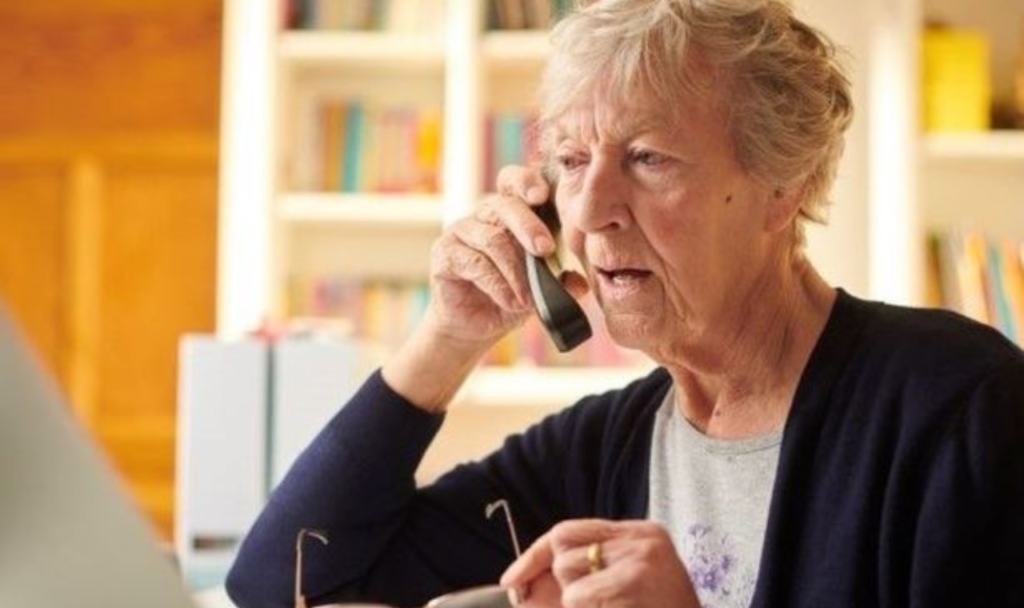More than 230,000 state pensioners, mostly women, have been warned that they may have been underpaid by the Department for Work and Pensions (DWP) due to long-standing errors in the pension system some dating back decades. With £835 million estimated to be owed in total, the issue highlights significant flaws in the administration of the UK state pension scheme.
Who Has Been Affected?
The DWP’s own figures reveal that approximately 237,000 pensioners were underpaid their state pension entitlements. Affected groups include:
- Married women who should have had their pension increased when their husband retired.
- Widows entitled to higher payments after their spouse’s death.
- Individuals over the age of 80, who are eligible for a minimum state pension under “Category D” rules, regardless of their National Insurance contributions.
These pensioners were due enhanced payments but never received them because of administrative failures, often because the system did not trigger automatic uplifts or because manual updates were missed.
How Much Is Owed?
The DWP estimates that it owes a total of £835 million in arrears. Here’s how the figures break down by group:
- 43,000 married pensioners were underpaid, receiving an average of £5,173 each in arrears.
- 32,000 pensioners over 80 were due around £2,192 each.
- 21,000 widowed women received an average back payment of £12,383.
In some individual cases, pensioners were found to be owed more than £40,000, often after years of missing their rightful entitlements.
What Caused the Underpayments?
The root cause lies in systemic administrative errors, particularly within the older state pension system, which was in place before April 6, 2016. Under this system, certain increases to state pensions had to be manually applied—for example, when a woman’s husband reached state pension age or passed away. If the DWP failed to process these updates, pensions remained at lower levels indefinitely.
The issue also touches on broader themes of inequality. Many of those affected were women who stayed at home to care for families and therefore had lower National Insurance contributions. They were entitled to spousal or survivor benefits under the old rules, but the lack of automation left them disadvantaged.

What Is the Government Doing About It?
The DWP launched a state pension correction exercise in January 2021, aiming to review and rectify errors. As of early 2025, about £571 million has been repaid to approximately 150,000 pensioners, with efforts ongoing to trace and reimburse the remainder.
A spokesperson for the DWP said:
We are fully committed to ensuring that anyone affected by these errors receives the money they are owed. We are working as quickly as possible to identify and correct all underpayments.
How Can You Check If You’re Owed Money?
The DWP does not require individuals to take action to be considered for a review, but it may help to be proactive. If you think you or a relative may be affected, you can:
- Contact the Pension Service via phone or online through the Gov.uk Pension Service page.
- Review personal National Insurance and pension records using the State Pension Forecast tool.
- Seek guidance from pension advisory services, such as Age UK or Pension Wise.
If you are acting on behalf of someone deceased, the DWP may still issue a back payment to their estate.
Public and Political Reaction
MPs and campaigners have been vocal in demanding accountability and greater transparency from the DWP. Sir Steve Webb, a former pensions minister and now partner at pension consultants LCP, called it one of the “biggest blunders in state pension history.”
These errors disproportionately affected older women, many of whom will have gone years without realising they were being short-changed.
There is increasing pressure on the government to modernize pension systems and ensure that all eligible recipients receive their full entitlements automatically.
Conclusion
The DWP’s state pension underpayment scandal has exposed deep flaws in how benefits have been managed leaving hundreds of thousands of pensioners, mostly women, financially short-changed. While efforts to rectify the situation are underway, the episode serves as a stark reminder of the need for both vigilance and reform in public service administration.
Pensioners and their families are encouraged to check their records and reach out to the appropriate services if they suspect they’ve been affected.

Pankaj Kumar is a journalist at Chandigarh X, covering admit cards, recruitment, and government schemes. His articles provide readers with detailed insights into application processes, eligibility, and exam updates.
Outside of work, Pankaj enjoys traveling, fitness, and cricket, often participating in local matches on weekends.



